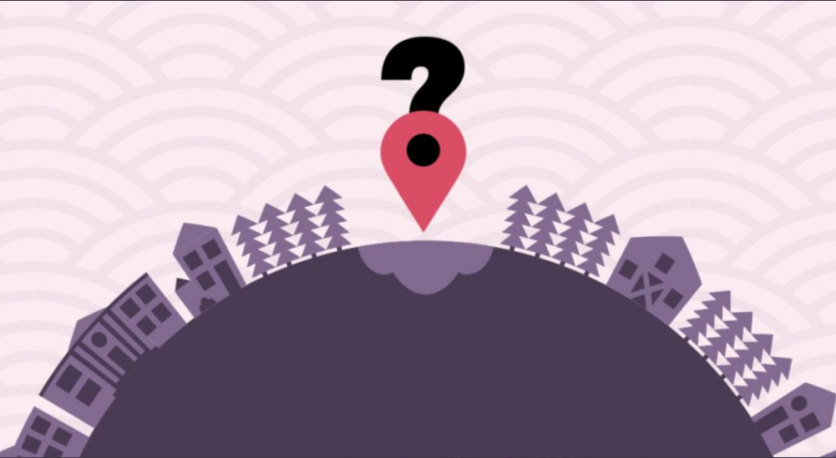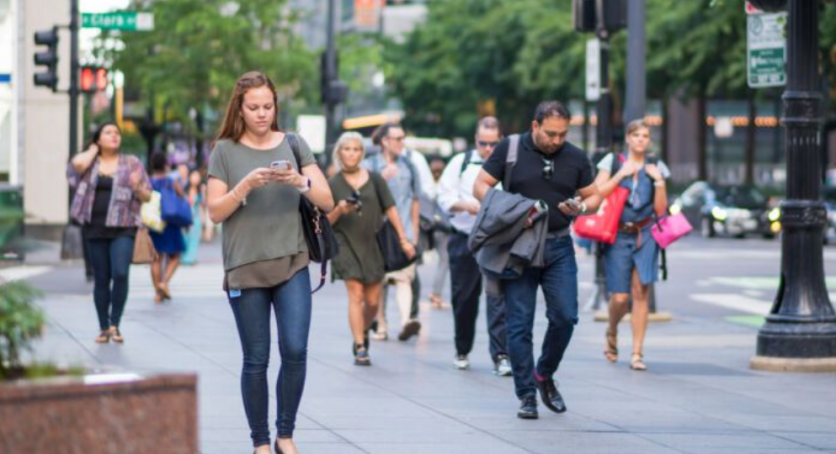In 2018, police arrested and jailed 23-year-old Jorge Molina for six days, accusing him of killing another man. The police report stated that the police told Molina that they are sure that the man's phone was at the crime scene, based on Google's data.

New Federal Court Rulings Find Geofence Warrants Unconstitutional https://t.co/pzrKgEFJbA pic.twitter.com/1SRQ4SVrmJ — hypervocal (@hypervocal) September 2, 2020
Also Read : FACT CHECK: Did Russian Hackers Amass 7.6 Million Michigan Voter Data in Alleged US Database Breach?
Later on, it turned out that the man wasn't there in the place where the crime happened. He just lent an old phone to the guy who was arrested by the police later on.
The police believed that he was there because the phone was still signed into his Google account. They tracked Molina's phone using a geofence warrant, a new and increasingly popular investigative technique that the police use to identify suspects' locations.
When the police identify a suspect, they'll first issue a warrant to search the person's home or belongings. Geofence warrants work in reverse.
The police begin with a time and location, and then they request data from Google or another tech company about the devices in the area. Usually, the companies only provide devices' anonymous data to the police.
But, the officers can still narrow down the list using their own investigative tools. After that, the police can now ask for more specific information like an email address or an account holder's name, to have a narrower list.
Experts claim Geofence Warrant could violate privacy
Critics claim that Geofence warrants could violate people's privacy since it usually subjects many people to an unconstitutional search. Surprisingly, two judges questioned the police's investigative tool if it complied with Fourth Amendment protections for searches.

Feds can’t ask Google for every phone in a 100-meter radius, court says
The decisions are significant because Google has reported massive growth in law enforcement use of such "geofence" searches. https://t.co/2dxGKcGGIC pic.twitter.com/rKr0h5070s — Mark (@_therealmark_) September 3, 2020
The police's requests for Geofence warrants were also denied.
"This is as clear as day a fishing expedition that violates people's basic constitutional rights," said Dan Quart, a New York state assembly member.
Quart and Zellnor Myrie, a state senator, introduced bills that would prevent authorities from using gathered data from Geofence warrants.
"It should never be used in a courtroom," said Quart.
For more news about the prevention of Geofence Warrant, always keep your tabs open here at TechTimes.
Read also: Also Read: New 'Game-Changer Unhackable' Internet Probably Make Browser Safer in Near Future
This article is owned by TechTimes,
Written by: Giuliano de Leon.
ⓒ 2026 TECHTIMES.com All rights reserved. Do not reproduce without permission.




